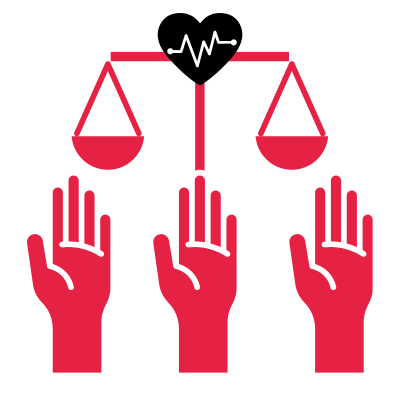Help Me Grow: A Model of Targeted Universalism to Advance Equity and Promote the Well-Being of All Children
Keywords:
early childhood, child development, targeted universalism, population health, early detection, early intervention, system of care, prevention, developmental promotionAbstract
Many families with young children in the United States struggle to access the services and care they need to thrive, signaling a need for a comprehensive, coordinated, effective system of developmental promotion, early identification of concern and need, and linkage to resources. The Help Me Grow (HMG) Model is an innovative solution that provides an early childhood system of care and utilizes targeted universalism as a framework to advance equity. Together, the HMG Model and targeted universalism provide a coordinated and universal system with targeted support for vulnerable populations and can prevent young children from “slipping through the cracks.”
Downloads
Published
How to Cite
Issue
Section
Categories
License
Copyright (c) 2023 Melissa Miller, Melissa Passarelli, Sarah Zucker, Wendy Ake, Kimberly Martini-Carvell, Paul Dworkin (Author)

This work is licensed under a Creative Commons Attribution-NonCommercial-NoDerivatives 4.0 International License.
The Social Innovations Journal permits the Creative Commons License:
CC Attribution-NonCommercial-NoDerivatives 4.0
Under the following terms:
-
Attribution — You must give appropriate credit, provide a link to the license, and indicate if changes were made. You may do so in any reasonable manner, but not in any way that suggests the licensor endorses you or your use.
-
NonCommercial — You may not use the material for commercial purposes.
-
NoDerivatives — If you remix, transform, or build upon the material, you may not distribute the modified material.
- No additional restrictions — You may not apply legal terms or technological measures that legally restrict others from doing anything the license permits.
Notices:
- You do not have to comply with the license for elements of the material in the public domain or where your use is permitted by an applicable exception or limitation.
- No warranties are given. The license may not give you all of the permissions necessary for your intended use. For example, other rights such as publicity, privacy, or moral rights may limit how you use the material
Copyright and Publishing Rights
For the licenses indicated above, authors retain the copyright and full publishing rights without restrictions.





